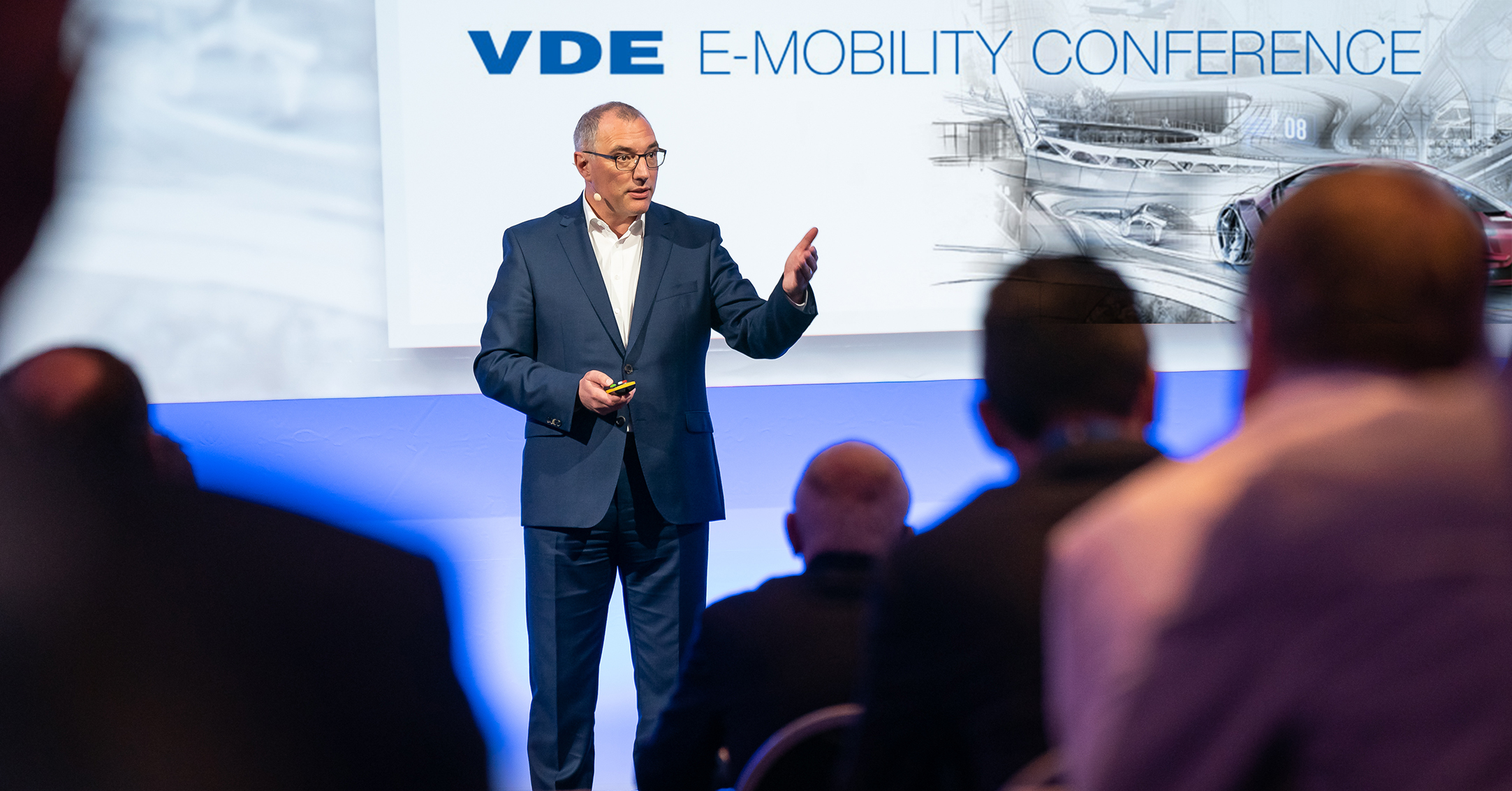Mr Marx, you were a guest speaker at the VDE E-Mobility Conference in Frankfurt – what was your core message?
I made our pioneering role clear: Opel is going electric – and more consistently than almost any other German car manufacturer. From 2028, we will no longer offer combustion engines in Europe. And we forging ahead with our transition to e-mobility in record time: currently, as of October 2022, Opel has twelve electrified vehicles on the market, including our entire commercial vehicle fleet. At the same time, we are remaining true to our principles – making innovation affordable for everyone.
The title of your presentation was “Disruption demands agility”. Disruption describes something quite destructive. Something that replaces old business models. But Opel is and remains an automobile manufacturer…
Disruptive innovations do not necessarily have to completely destroy a market. Sometimes they just turn it upside down. And that is exactly what is happening now. But such transformations are nothing new for Opel, disruption is in our DNA.
In what way?
Adam Opel laid the foundation stone in Rüsselsheim 160 years ago, and since then the company has reinvented itself time and again: Opel evolved from a sewing machine factory to the world’s largest bicycle manufacturer to a major international automotive brand. We are currently completing the next transformation: from car manufacturer to electric mobility service provider. It is a transformation that is taking place in the slipstream of the market: Currently, the share of low emission vehicles in total sales is 25 percent. It will rise to 45 percent by 2025 and already exceed 70 percent by 2030.
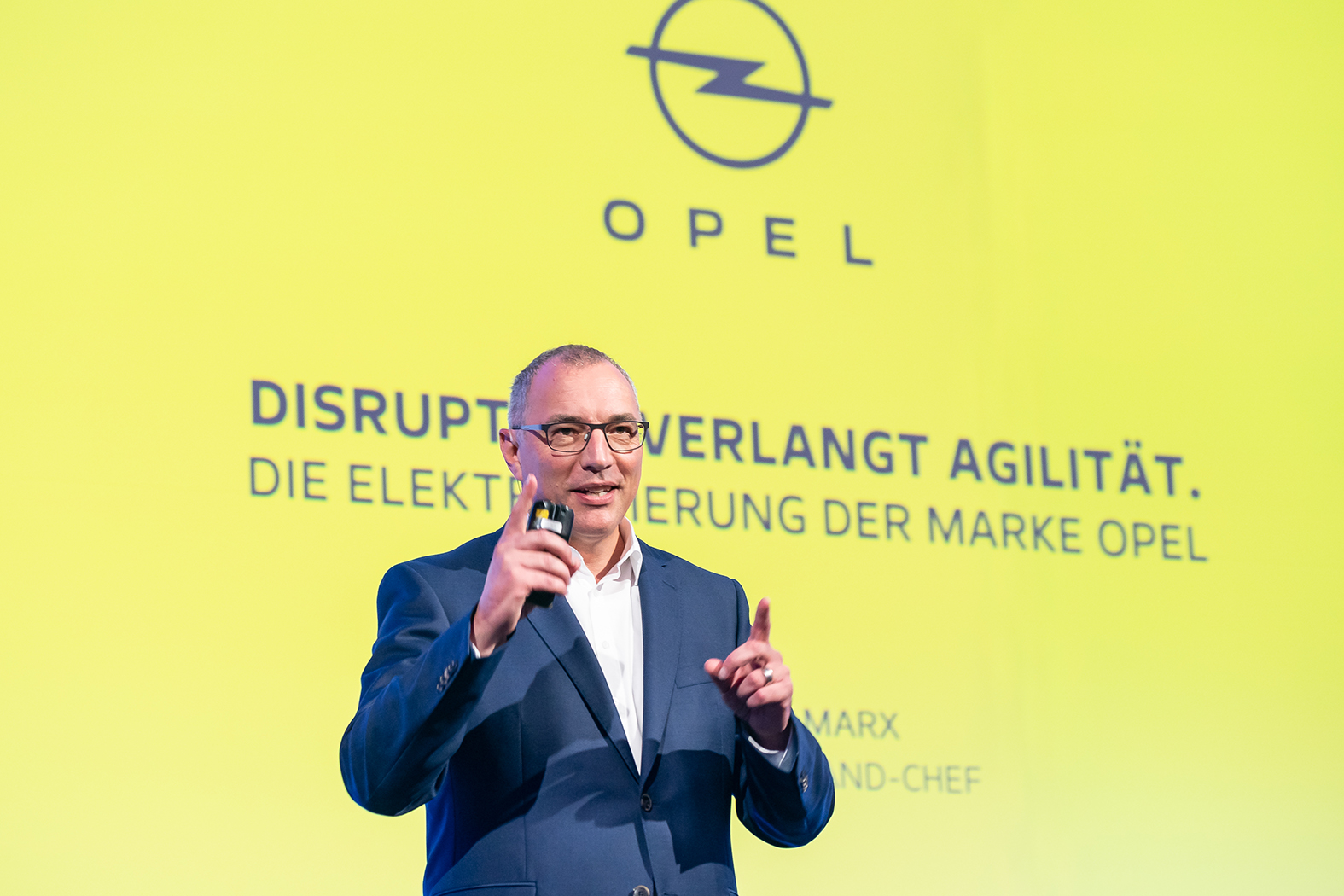
“New platforms allow
ranges of 500 to 800
kilometres.”
However, technical parameters are also decisive for the acceptance of e-mobility, for example a higher range.
And here, development is progressing with great strides. Our goal is to offer electric vehicles that perfectly meet the customers’ requirements. With four new all-electric platforms from Stellantis, we are well positioned for the future: Depending on the segment, the platforms will allow ranges of 500 to 800 kilometres in the future. In addition, we have set ourselves a best-of-class target of 32 kilometres per minute for fast charging capability. But we are also thinking more broadly about e-mobility and are looking at other technologies.
Such as the hydrogen fuel cell?
For example. Full payload, 400 kilometre range, refuelled in three minutes – the Vivaro-e HYDROGEN is a real alternative for commercial customers. And with the Rocks-e we are also breaking new ground, tapping into a completely new customer group. All you need to drive the quadricycle is an AM driving licence, which is available in Germany from the age of 15. The KARGO version of the Rocks-ealso provides new mobility solutions – for example for emission-free transport in inner cities.
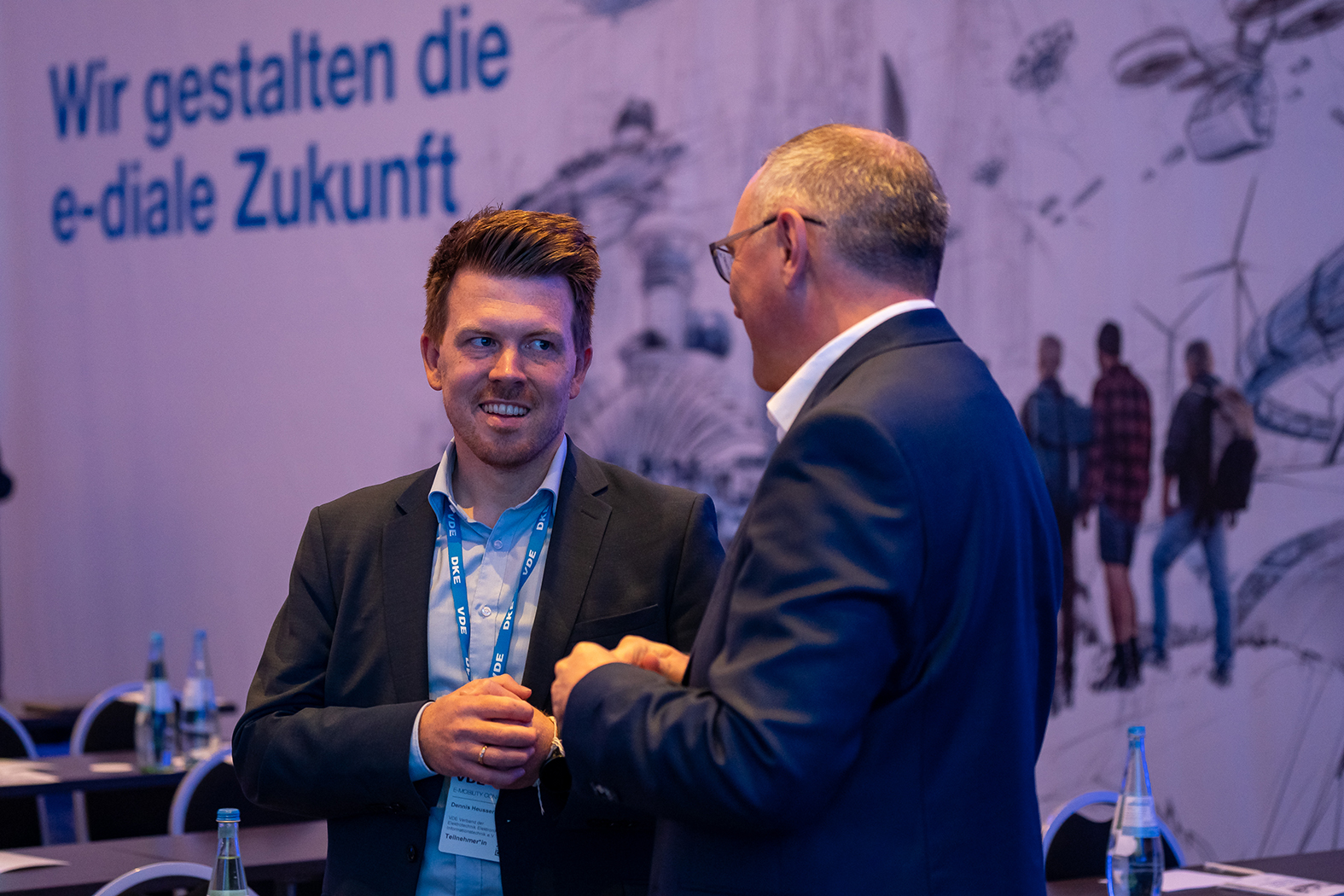
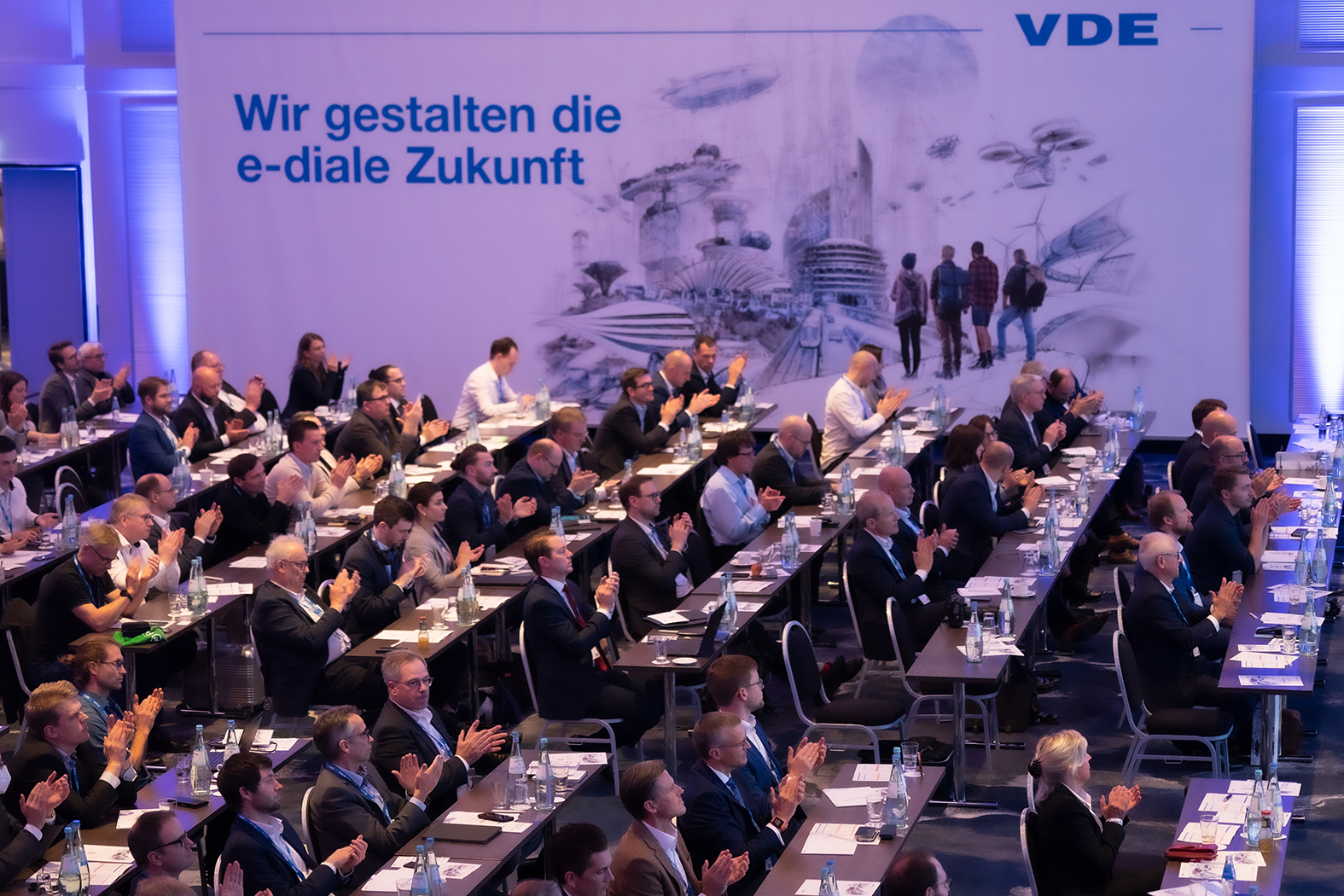
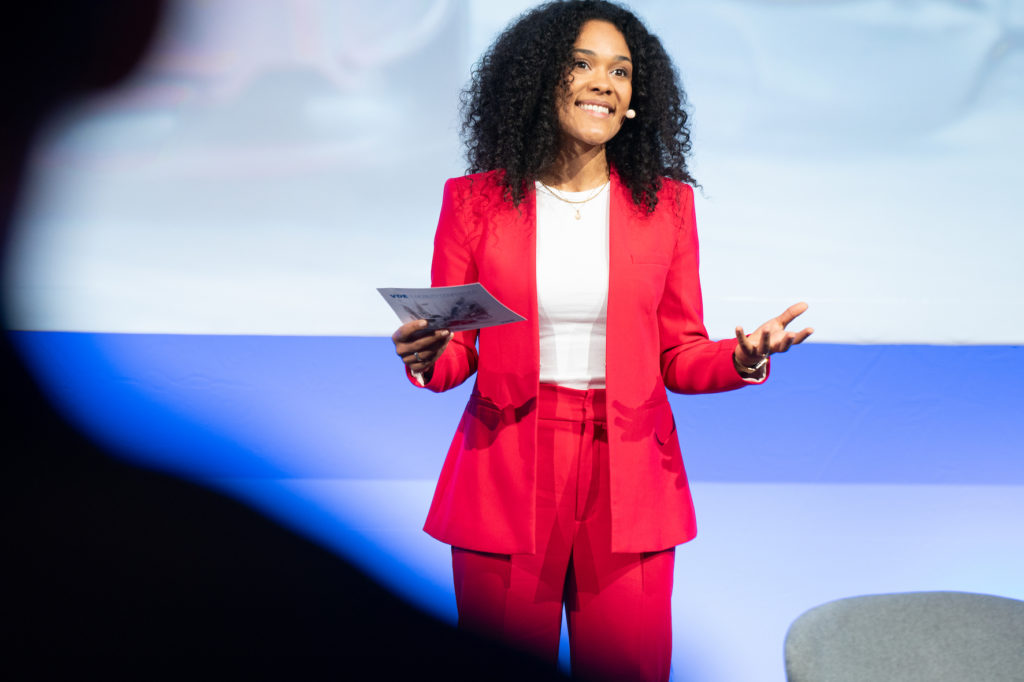
“Opel has underlined its pioneering
role in electric mobility.”
It is not only the fleet that is becoming emission-free: How significant is it for the company as a whole to become climate-neutral?
Our goal is to be CO2-neutral by 2038 – throughout the entire value chain. That – and only that – will be our licence to continue selling cars. Being part of Stellantis allows us to take a 360-degree approach to sustainable mobility. One focus is on the use of sustainable materials. We are also establishing an independent battery and component supply. For this purpose, a gigafactory for state-of-the-art battery cell production is being built in Kaiserlautern, for example.
You say the disruptive changes demand agility – from whom exactly?
From everyone involved. The changes affect the most diverse areas in the company: from engineering to the dealer network to production. But the customers also play a key role. They, too, must proactively support the changes. The challenges are above all a question of mindset: We should all see it as an opportunity to actively shape the automotive future.
You gained an insight into the activities of the different industries at the two-day conference – what did you take away?
It was impressive to see how companies in other parts of the value chain are dealing with e-mobility. For example, a charging infrastructure that can be integrated into curbs was presented. Or software solutions that make paying at the charging station as easy as at the supermarket. These are exciting developments. And Opel, as an active player, will make its contribution to consistently driving the turn towards e-mobility.

A platform for knowledge exchange and networking: over 200 high-ranking speakers and stakeholders from business, science and politics met for the first time at the VDE E-Mobility Conference in Frankfurt at the end of October. Manufacturers of vehicles, charging stations or battery technologies, suppliers, standardisation and science as well as electricity grid operators discussed joint solutions for the mobility of the future over two days. The Verband der Elektrotechnik Elektronik Informationstechnik e. V. (VDE) (Association for Electrical, Electronic & Information Technologies) invited participants to the industry meeting. The technology organisation unites science, standardisation, testing, certification and application consulting under one roof. The patron of the event was Dr Volker Wissing, Federal Minister for Digital Affairs and Transport.
November 2022
